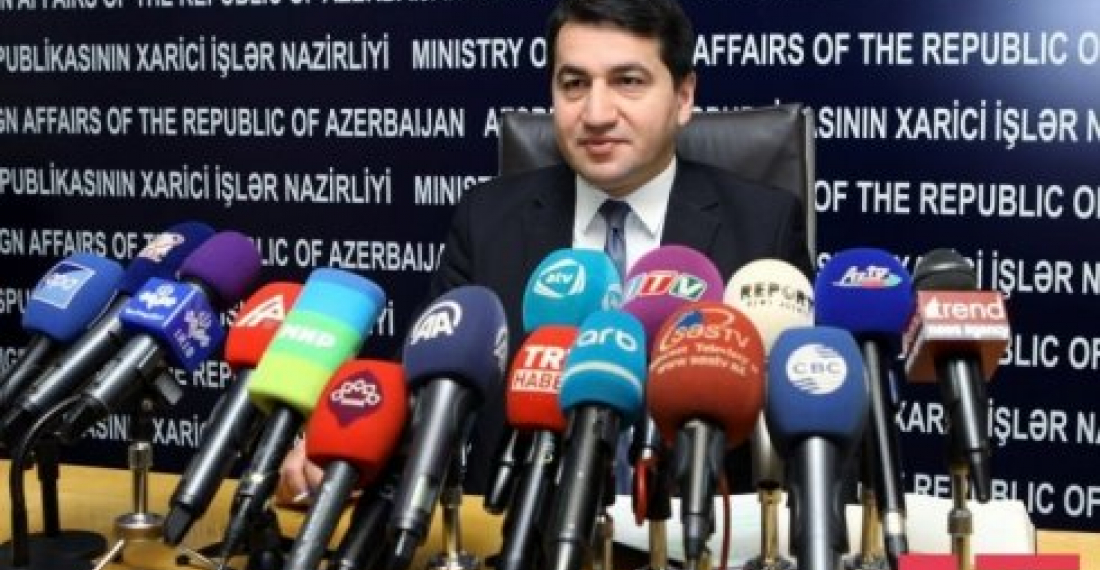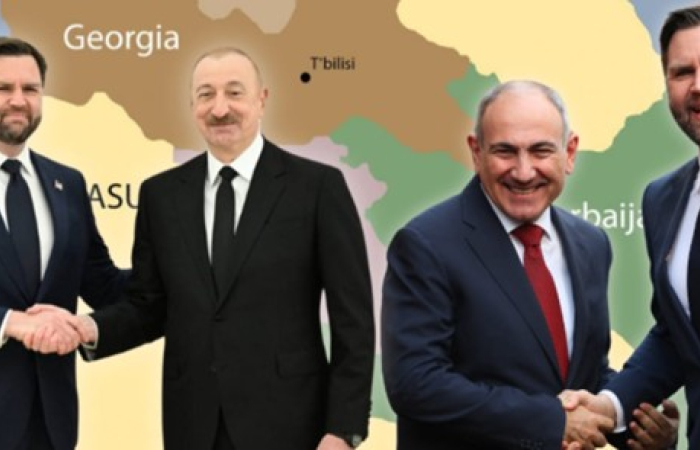Azerbaijan will chair the Non-Aligned Movement (NAM) in the period 2019-2022, and ahead of this will host a Meeting of the Movement's foreign ministers from 3-6 April 2018, and a heads of states summit in 2019.
The non-aligned movement is a groupoijg of around 120 countries, and also has seventeen observer member states. The movement played an important role during the cold war, creating a political space between the two rival superpowers. Most Afro-Asian and Latin American countries are member states of the movement.
Azerbaijan joined the movement in 2011. In the Caucasus, Armenia, which is a member of the CSTO military alliance, is an observer, whilst Georgia has no relationship with the movement at all.
News of the forthcoming meetings of the Movement in Azerbaijan was given at a press brieifing by the spokesperson of the Azerbaijani Foreign Ministry, Mr Hikmet Hajiev, speaking to journalist in Baku on Thursday (28 December). Hadjiev spoke about several other asspects of Azerbaijan foreign policy, also saying that the process to resolve the Nagorno-Karabakh conflict had gathered some momentum in the second half of 2017.
source: commonspace.eu with agencies
photo: Hikmet Hajiev, spokesperson of the Azerbaijani Foreign Ministry (archive picture)







